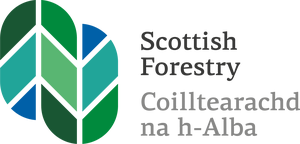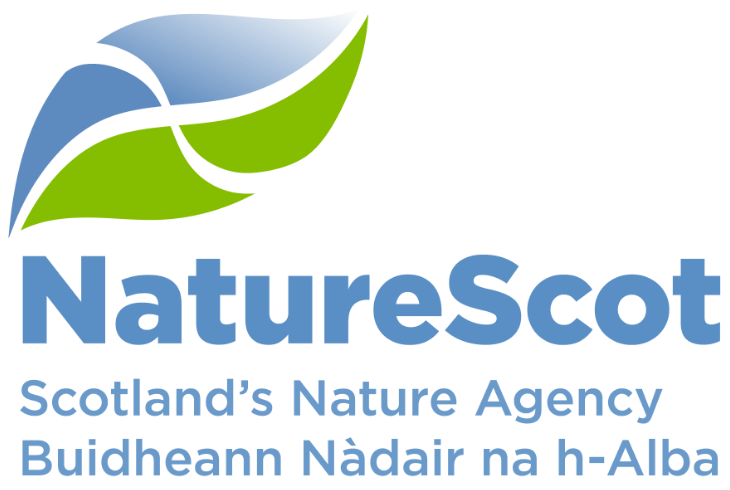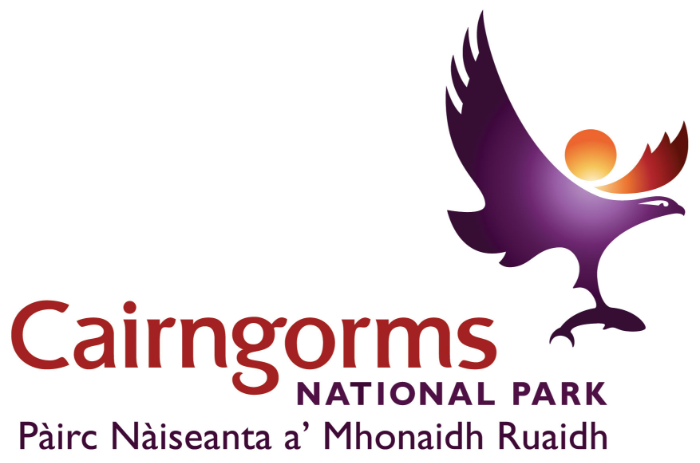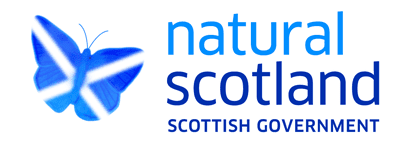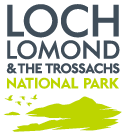Description
This National Trust report looks at the factors associated with people pro-actively doing things to help nature and wildlife; the significance of participation in everyday acts of ‘noticing nature’; and the associations which ‘noticing nature’ has with well-being. Headline findings include:
• When prompted, the public express high levels of concern about the state of nature and pessimism about its future;
• Few adults believe organisations or influencers are doing enough;
• Nevertheless, very few of the individual conservation activities included in the study (e.g. making homes for nature, growing flowers/plants that birds and insects will like, feeding garden birds, leaving an area of lawn or flowerbed to grow wild) are regularly done by a majority of people;
• Participation in simple forms of engagement (e.g. watching wildlife, listening to birdsong, smelling wildflowers) were most closely linked to conservation action;
• The amount of time spent outdoors (surprisingly) does not appear to significantly increase the likelihood of an individual taking conservation action. It’s what you do with the time (rather than how much time you spend outdoors) that makes the critical difference;
• Adults and children with a stronger connection to nature feel happier and healthier




